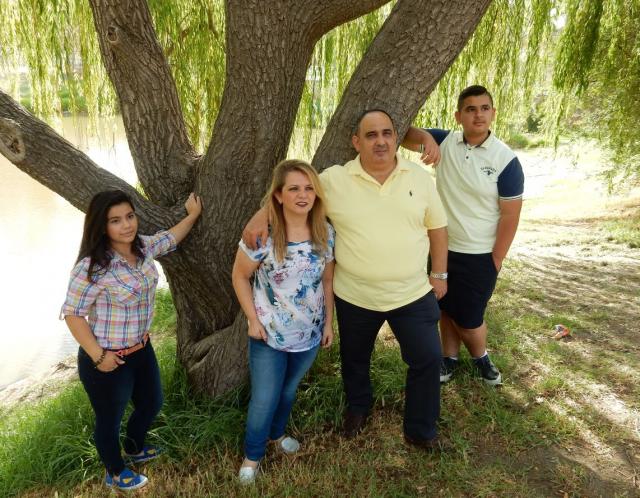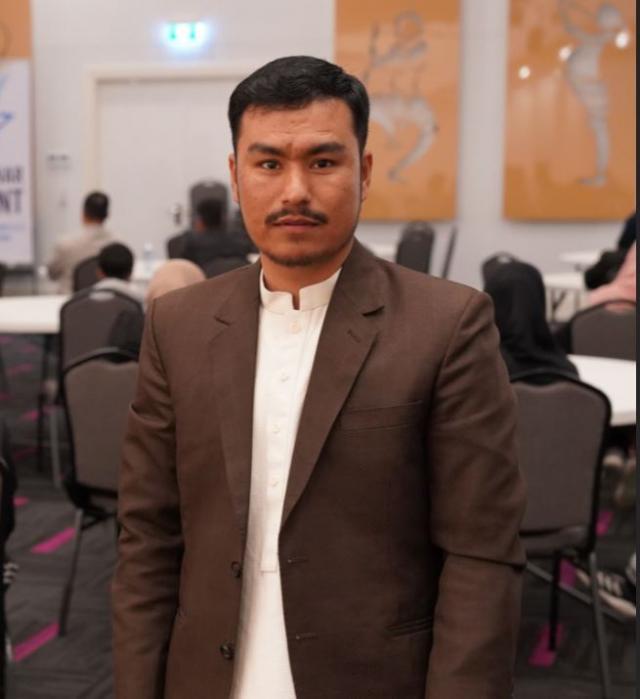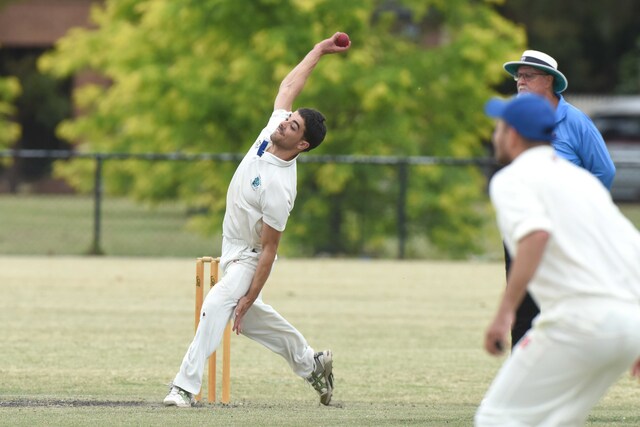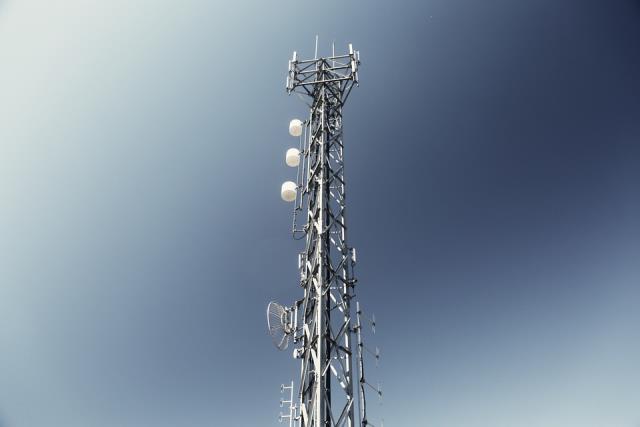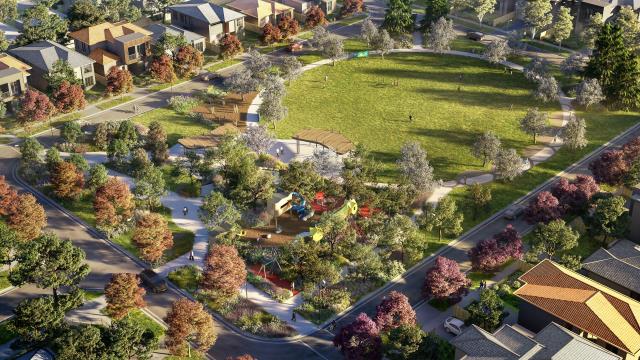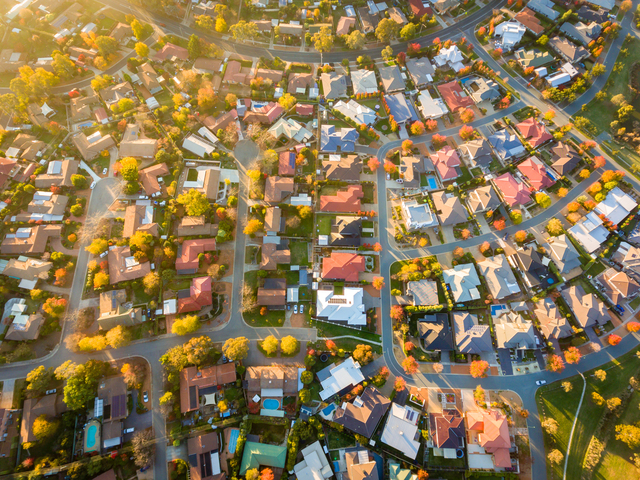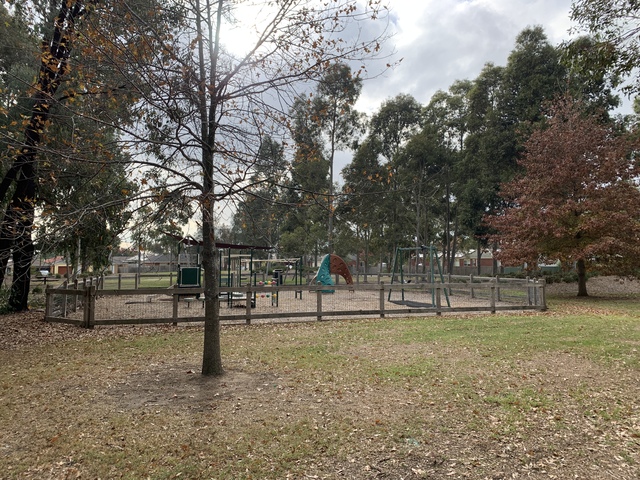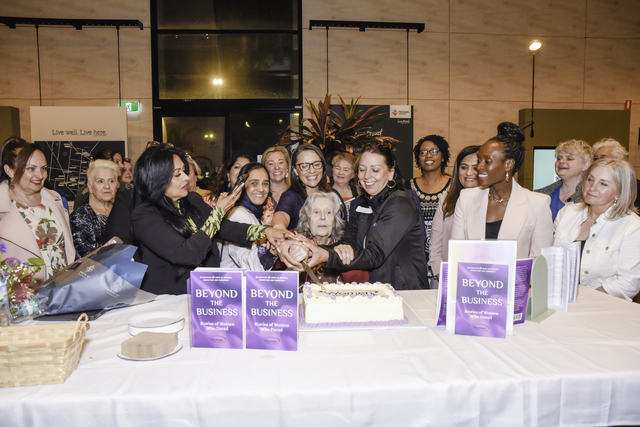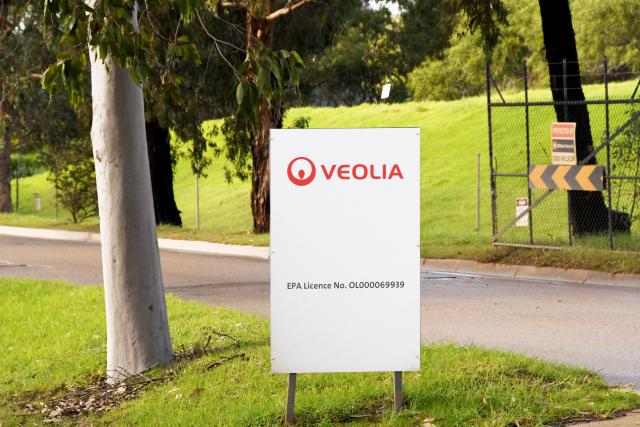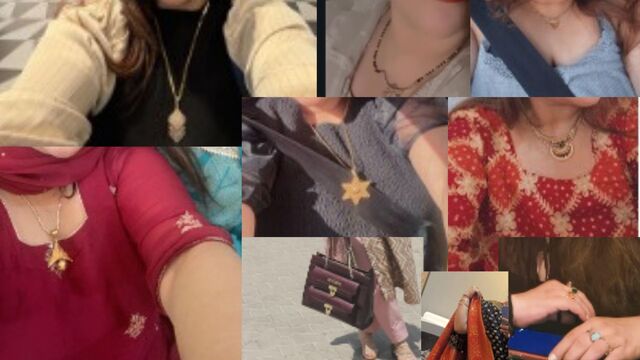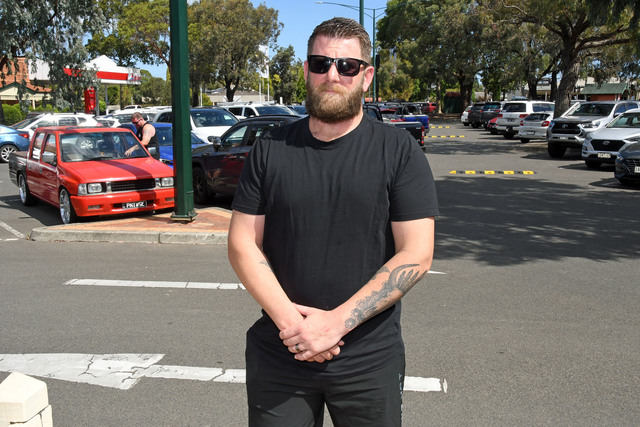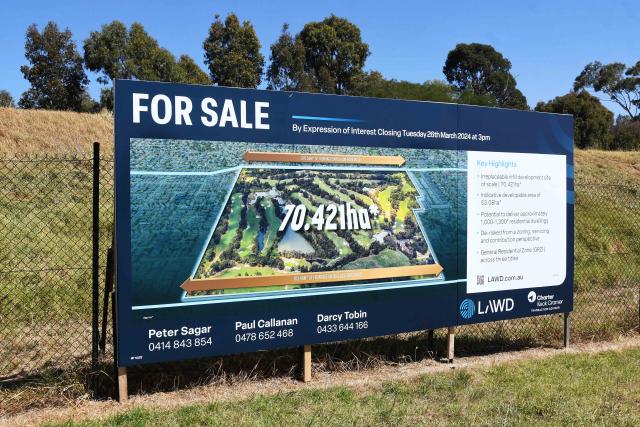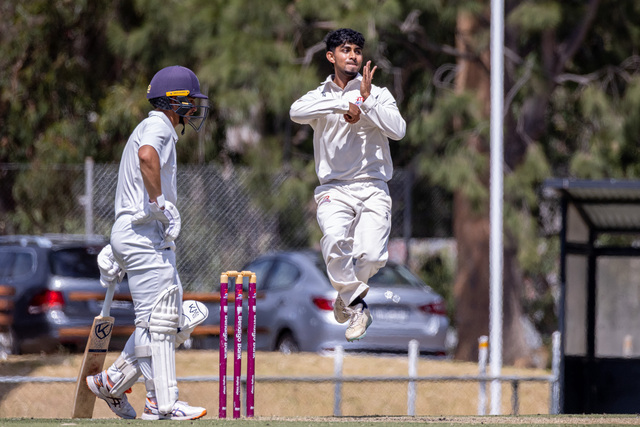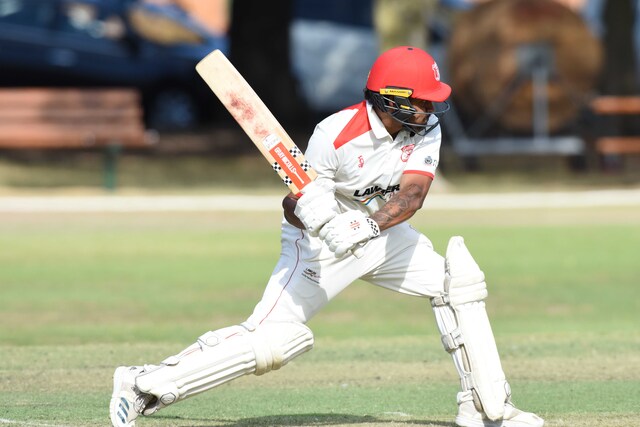More than 20,000 new citizens in the South East are voting in a state election for the first time.
Among them is first-time voter and Afghan refugee Idress Jaffari, who never voted in his homeland.
He became an Australian citizen just five months ago.
Mr Jaffari says, as a member of the minority Hazara ethnic group, his vote would not have had any impact anyway.
“In Afghanistan, if you are from a minority group, you are not heard.
“I believe the system in Australia works well. Here you are able to choose your representative and have your voice heard.
“And when you choose your representative, they can take your concerns to Parliament.
“Voting in Australia shows respect to the system and I feel like I have no barriers to me taking part in the election process. Personally, being able to vote makes me feel included and a full member of the society.
“I would encourage all refugees and migrants to vote. Australia is a great place and I feel included and happy to be here.”
The most populous South East districts for new citizens arriving after the 2018 state election are Cranbourne (3099), Dandenong (3094), Berwick (3046), Narre Warren South (2764) and Pakenham (1956).
The other districts are Narre Warren North (1755), Mulgrave (1703), Clarinda (1455), Mordialloc (1199) and Bass (731).
Among the new citizens voting in a state election for the first time also are Osama Butti and his wife, who escaped ISIS terror attacks on the streets of Baghdad.
They were the first of the extra 12,000 refugees the then Australian Prime Minister Tony Abbott announced Australia would accept in 2014.
“When we came to Australia I felt like we had won the lottery and getting our citizenships and being able to vote feels like we have won the lottery a second time,” Mr Butti said.
“Here in Australia you can feel democracy at work. We are free to choose whoever we want.
“You can see the programs and plans of each of the parties and candidates and make your choice.
“In Iraq each time you would see the same names and the same candidates, so there was really no choice.”
Syrian refugee Rene said she was “excited” about voting in Australia for the first time.
Rene said she had voted in Syria but that Australia’s system was “more accurate and credible”.
“Voting make me feel part of this community and I’m proud of that. I feel included in that I am able to practice my rights as an Australian citizen,” she said.
Cath Scarth, chief executive of migrant and refugee settlement agency AMES Australia, said refugees and migrants relished the chance to vote and play a part in the political process.
“Refugees and migrants see the right to vote as a validation of their places in Australian society and it gives them a sense of belonging,” Ms Scarth said.
“Many, especially refugees, have come from places where they don’t have a vote or the act of voting can be extremely dangerous.
“So, we find most new citizens relish the opportunity to take part in the political process and take it very seriously.”
Part of AMES Australia’s mission was to help orientate newly arrived refugees and migrants to Australian society and part of that work was to help them understand the electoral process, she said.

